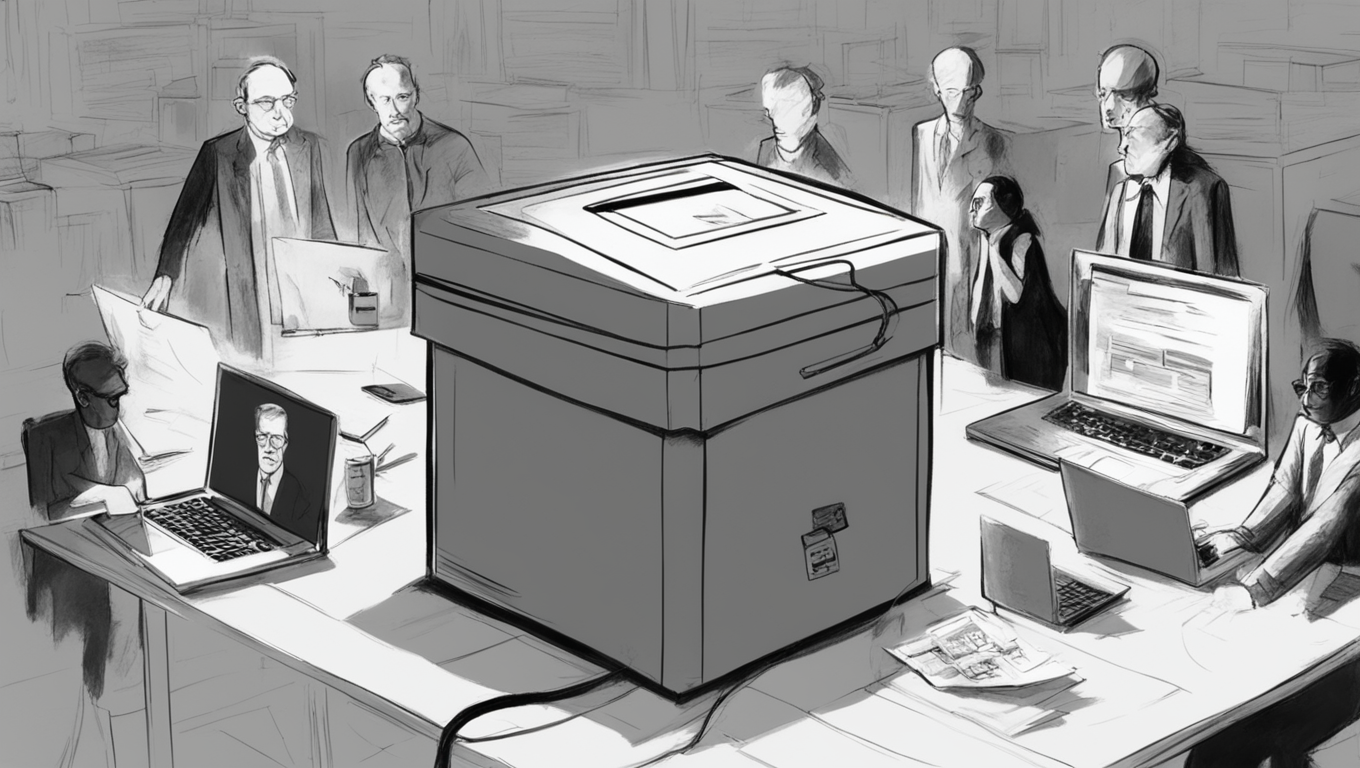America’s foreign adversaries are once again poised to interfere in the upcoming U.S. elections through disinformation campaigns powered by artificial intelligence (AI), according to top security officials. Avril Haines, the U.S. Director of National Intelligence, testified before the Senate Intelligence Committee, acknowledging that while Russia, China, and Iran are the primary threats, other nations and domestic groups could also engage in such activities.
The warning from security officials is particularly concerning given the advancements in AI that have made it easier and cheaper to create lifelike images, videos, and audio that can manipulate and mislead voters. The use of state media, online influencers, and networks of fake accounts further amplifies false and misleading content, reinforcing the need for heightened vigilance.
Russia, in particular, has been identified as “the most active foreign threat to our elections” by Haines. The nation’s use of state media and online influencers aims to erode trust in democratic institutions and U.S. support for Ukraine. Recently, Russia has focused on exploiting America’s immigration debate, disseminating posts that exaggerate the impact of migration in an attempt to incite outrage among American voters.
On the other hand, China did not directly attempt to influence the outcome of the 2020 presidential election due to concerns over potential consequences. However, Haines emphasized the need to continue monitoring China’s activities, especially considering its ties to TikTok, which were cited by Congress members who voted to force the platform’s sale.
Iran, another player in the disinformation game, has used social media platforms to issue threats and confuse voters. In 2020, U.S. officials accused Tehran of distributing false content and orchestrating a flurry of intimidating emails sent to Democratic voters in battleground states, seemingly encouraging them to vote for then-President Donald Trump.
Predictably, the challenge of combating foreign disinformation campaigns is complex. Previous efforts by federal agencies to address disinformation on platforms like Facebook have become embroiled in debates over government surveillance and First Amendment rights. Furthermore, there are questions about whether government agencies should be tasked with determining the truth.
During the hearing, Republican Senator Marco Rubio raised concerns about the spread of “clearly fake” AI-generated videos of candidates before the election. He posed the question of who should be responsible for debunking these videos and standing before the American people to clarify their inauthenticity. Haines responded that she could potentially make that determination but acknowledged that in certain situations, it may be more appropriate for state or local authorities to address the issue.
The hearing also covered the risks associated with potential cyberattacks on state or local election systems, whether to manipulate the vote or create a perception of distrust in the results. Jen Easterly, director of the Cybersecurity and Infrastructure Security Agency, reassured the committee that the federal government has been working closely with state and local officials to ensure the utmost security for the 2024 election. She confidently stated that “election infrastructure has never been more secure.”
As the U.S. prepares for the upcoming elections, it is essential to recognize the evolving threat landscape. Adversaries are leveraging AI and other sophisticated tools to sow discord and manipulate public opinion. Vigilance, technological advancements, and collaboration between federal, state, and local authorities are crucial in safeguarding the integrity of the democratic process. The battle against disinformation requires the dedication of resources, expertise, and a commitment to preserving trust in the democratic institutions that form the bedrock of the nation.





Use the share button below if you liked it.